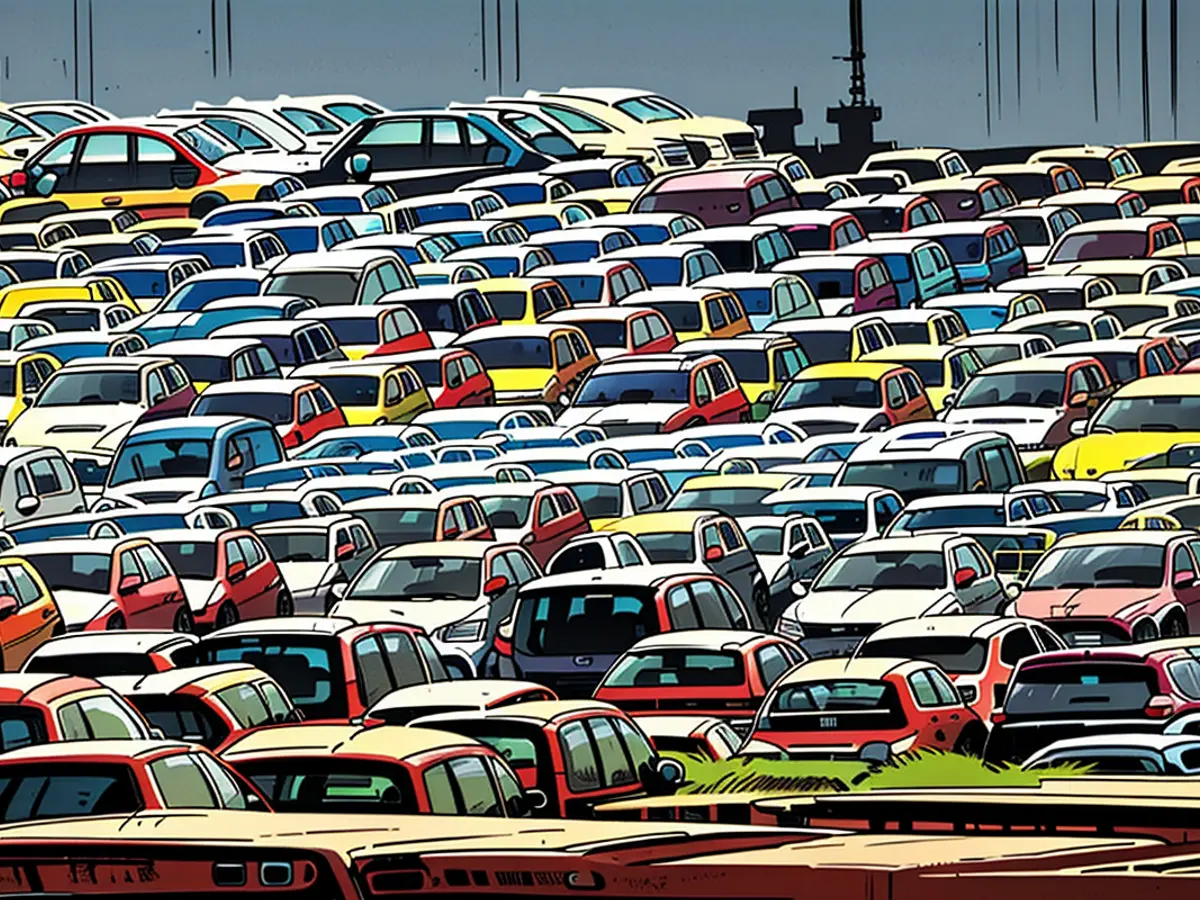China responds to US's 'protectionist' politics towards E- cars at WTO
In dispute over a large-scale subsidies program of the US government for electric vehicles, China has once again turned to the World Trade Organization (WTO). According to the Chinese Ministry of Commerce in Beijing, China accused the US of "discriminatory protectionist" policy. Beijing had already activated the WTO in March. Since the talks with Washington have failed, the establishment of an expert group was demanded, the ministry announced.
With the so-called Inflation Reduction Act, the US government under President Joe Biden brought a several hundred billion dollars subsidies program for the transformation of the industry onto the way in 2022. In addition to renewable energy technologies, production of electric vehicles and batteries for them is particularly focused on. Since the subsidies are mostly strictly tied to production in the US, the program is also criticized in Europe.
This policy "excludes 'products from China and other WTO members' and erects artificial trade barriers," criticized the Chinese Ministry of Commerce. It urged the US side to abide by the rules of the WTO.
The US, with its support, wanted to counteract China's subsidies for its own industry. The two countries lie in a series of trade issues against each other. Recently, the US announced significantly higher import tariffs on Chinese electric vehicles. The EU also decided on provisional tariff increases on electric vehicles produced in China. A final decision is expected until early November to continue negotiating with China.
- The Chinese Ministry of Commerce has further escalated their dispute with the US WTO over the E-Auto subsidy program, claiming that the US Inflation Reduction Act's subsidies are a form of "discriminatory protectionism" that excludes "products from China and other WTO members."
- Despite the US Subsidy Programme's focus on promoting E-Autos and batteries within its territory, China has urged the US to comply with WTO regulations, arguing that these policies "erect artificial trade barriers" and violate international trading rules.








